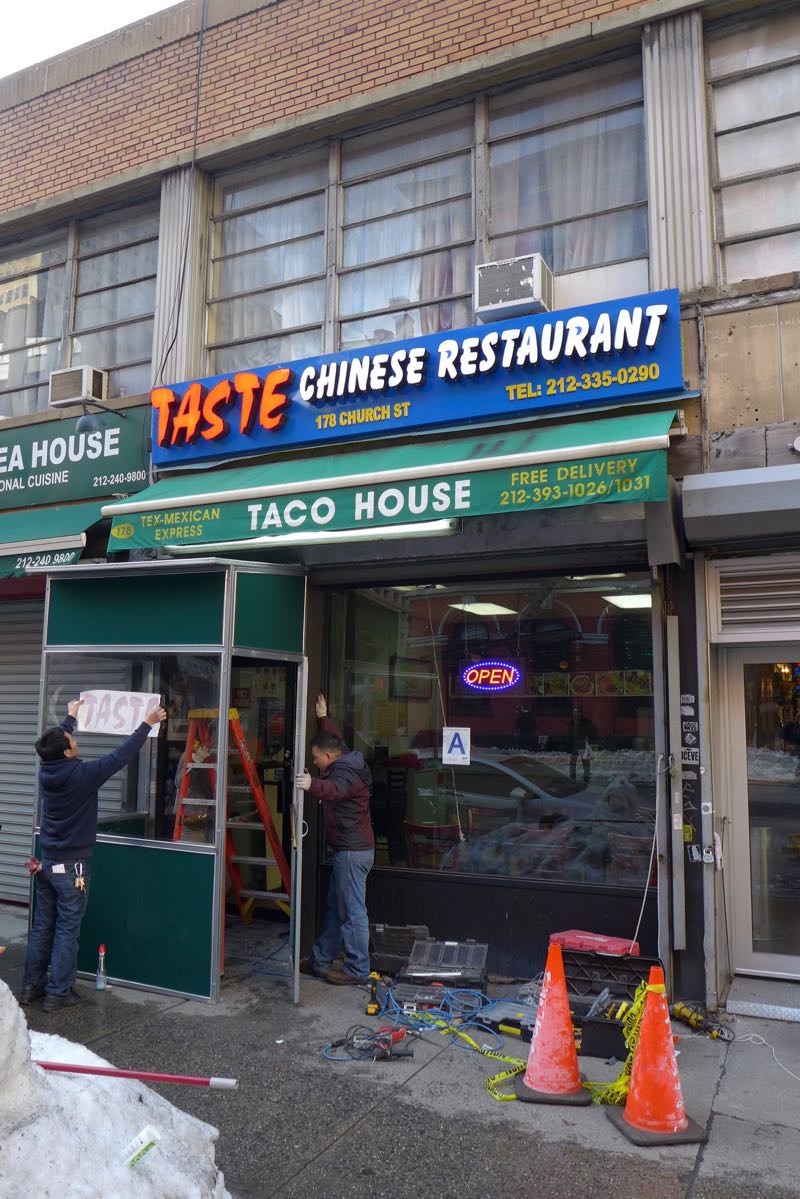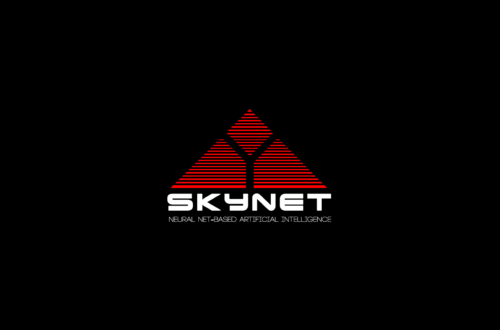The idea of a benefit corporation is an interesting one, but it is perhaps unsurprising that it is largely unknown under capitalism. Or at least little publicized. Kickstarter is one example, having chosen the structure instead of the traditional narrative of initial public offering or sale and ‘exit’, massively enriching the founders. Instead of cashing out, they chose a more sustainable and slow burning form, one which is far better aligned with the needs of the community they serve of people raising money to fund interesting projects. An excerpt from Kickstarter’s charter reads:
“Kickstarter’s mission is to help bring creative projects to life. We measure our success as a company by how well we achieve that mission, not by the size of our profits. That’s why we reincorporated Kickstarter as a Benefit Corporation in 2015.
Benefit Corporations are for-profit companies that are obligated to consider the impact of their decisions on society, not only shareholders. Radically, positive impact on society becomes part of a Benefit Corporation’s legally defined goals. When a company becomes a Benefit Corporation, it can choose to make further commitments.”
You can read the full charter here.
I applaud the founders and staff of Kickstarter in making such a decision and putting the longevity of the organization and alignment of it’s goals with it’s customers first. Very often the terrible and short sighted behavior of corporations stems from their legally binding fiduciary duty to their shareholders, to maximize share value at all costs. Invocations of this unavoidable duty are usually made when committing acts which harm the organization’s employees, customers, environment or future. The logic goes “Our hands are tied, it would be illegal to not chase profit before all else”. I would argue that their is no legal imperative to pursue immediate, short term profits that harm the ecosystem that the corporation exists in. Organizations like Warren Buffet’s Berkshire Hathaway and the companies it owns tend to take a much longer view and have generated massive wealth for their shareholders as a result. Buffet and his companies are not unproblematic, we need look no further than Wells Fargo and their egregious corporate crime but taking them at their word a long term view and general principle of good stewardship are part of the stated and espoused strategy of Berkshire.
The financialization of the economy however has put corporations under tremendous pressure to focus only on the next quarter year and immediate stock prices, and have resulted in reckless, short sighted and destructive behaviors. I hope that more companies like Kickstarter become aware of and examine the model of the benefit corporation as an alternative to the get rich quick schemes popularized by contemporary Silicon Valley startup culture. We need more companies that provide real value and have plans for long terms stability and an ethos of giving back to the community.
One question which this poses however is if we want more of these things to exist, how do they start and acquire needed capital? Under the existing model startups dangle the idea of a high valuation, sale and IPO in front of investors and raise cash that way. What are some alternative sources of startup capital we might consider? My thesis is that benefit corporations which care for and treat their workers and customers ethically should have a better chance of success than nakedly capitalist companies which seek only to maximize near term profits. A leap of faith, I know, but humor me. In theory benefit corporations should generate a surplus through this good behavior. That surplus does not necessarily need to be distributed to, for example public shareholders as dividends. Of course it could be reinvested in growth, or held as reserve for the original company, but not every company needs or wants to grow. There are great examples of companies which create great products with a small team, generate profits and do not grow, because they don’t need to. Basecamp is one example of a software company in this model.
So if we have generated a surplus, what do we do with it? This is where bees come in. Bees swarm when their original hive has grown too crowded, having generated a surplus of biomass (too many bees). Individual bees reproduce when the queen lays eggs. Swarming is a means of reproduction at the colony level. When a swarm occurs, about half the bees leave the hive with a new queen and stores of honey, searching for a spot to build a new nest. What if we applied this model at the company level? As a company grows past a certain point and begins to generate a surplus which is in excess of what’s needed for reserves or capital investments, instead of increasing in size or repaying investors, what if it hived off, providing startup capital, an organized group of workers and a leader for a new enterprise?
One example of this type of behavior which I remember from the nineties in New York was a taco chain called Fresco Tortilla. At the time New York was not particularly well served by Mexican food, but had a surplus of Chinese restaurants. As a result, a group of Chinese immigrants got their hands on a tortilla press and decided to open a restaurant serving cheap tacos. The result was not precisely Mexican food, nor was it Mexican/Chinese fusion. It was a kind of imagined simulacrum of Mexican food, made entirely by Chinese people. The food was cheap, pretty fresh and not too bad to eat, and there was one around the corner from my house, so I ate a lot of it. I was not the only one and the restaurants practically exploded across New York over a year or two. Tons of them, very noticeable because they all had more or less the same menu and were all serving this kind of psuedo-Mexican food, with all Chinese staff. This was pretty weird and I remember being intrigued and deciding to learn a bit more. The mechanism for how they spread were through a kind of community funding model in which a group of immigrants would chip in to create a pool of money and a kind of lotto. Someone would be picked as next in line to open a restaurant, be given the pool of money and would then launch. They would contribute back to the pool and fund the launch of the next restaurant. Importantly this wasn’t a chain or a franchise in the traditional sense, even though they all served more or less the same food and probably had shared suppliers etc. There was a moment where these restaurants were absolutely unavoidable in New York, and there are still a good number of them around. The fact that the food was cheaper than it was delicious allowed them to survive, but not exactly thrive. Was this enabled because many of the employees were coming directly out of Chinese communism? This might be an interesting topic to learn more about.
We live in a society in which economic power has usurped political power. Corporations and their officers are at the top of the hierarchy of power in the West. As a result many of the ills of the world in my opinion are a result of corporate malfeasance, and much of it comes back to this amoral and shortsighted concept of fiduciary responsibility. Discovering alternative models which are less bad for companies employees, customers and our natural environment is I believe, part of a solution for a better future.





